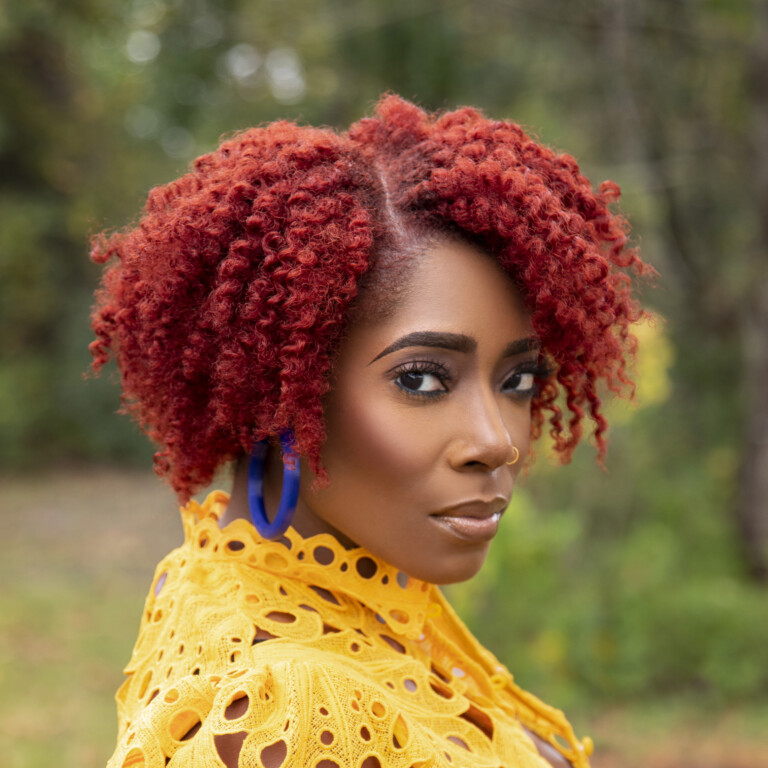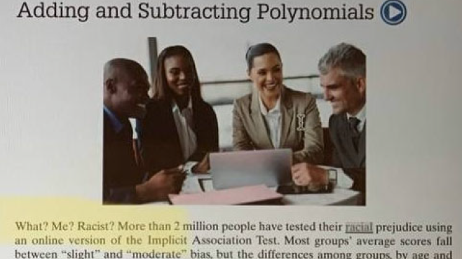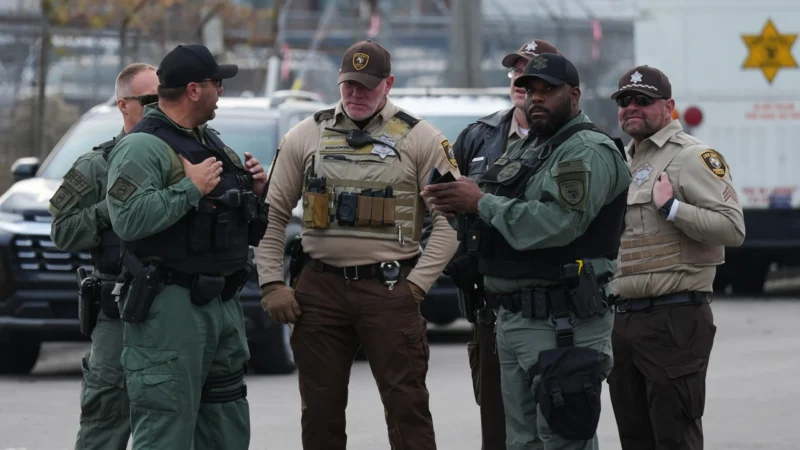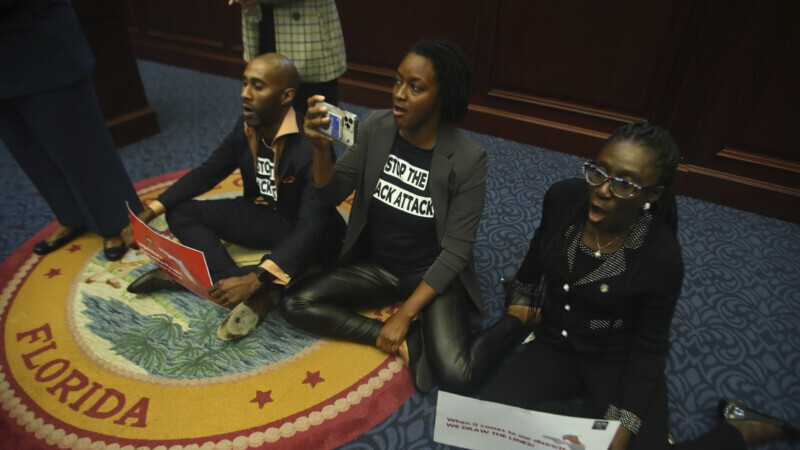
The summer after my freshman year at Florida State University, I worked as an intern at Pearson. As in the textbook publication company; Pearson. I don’t remember much about the actual work I did that summer, but I do have a few distinct memories from that job.
In one meeting there was discussion about a batch of books being sent to Texas. I was told the products had to be right, because once Texas placed an order for its 1,029 independent school districts, several smaller states would follow.
“Why,” I asked.
“Because some states are so small they don’t have the money to custom order textbooks, so they buy what’s been approved by bigger states around them.”
“Really?” I was incredulous.
In 2005, I thought it odd that states like Texas, Florida, California, New York and others got to dictate what all of America’s children learned. I felt then that there needed to be more input; maybe not in math (because I assumed math didn’t change, but Common Core proved that was a lie), but definitely in history and literature. In 2022, amid Florida’s ban of dozens of math textbooks because of social-emotional learning content deemed to be a gateway to critical race theory, I am still perturbed.
In 2005, I could only articulate the few-state monopoly on education as wrong. Now, I see it as the quickest way to quell dissent and end independent thought.
Between the big quits and great resignations, the gig economy and influencer culture, what we have devolved into is a nation — perhaps — but a state — definitely — that gets bent out of shape over a soundbite and riled up over a rousing speech. We are so frenetically frazzled we’ve forgotten to question, to second guess, to show concern, to think.
We’re so eager to support those who say what we want to believe that, in accordance for our submission, we acquiesce and allow the very conditioning of our minds to be pacified with a placebo. It looks like education. It’s taught in schools. It’s written in books. But it’s hardly helping students “develop the power of reasoning and judgment.”
If education is wrapped and packaged like a commodity and exported from a print shop assembly line across the country with the wills and whims, biases and bigotry of a few hateful — at worst — or mistaken — at best — men, then what is this country coming to?
Already, the United States ranks ninth in reading and 31st in math in comparison to 79 other countries in the most recent National Assessment of Educational Progress. Nationwide, Florida ranks third for public education. Duval County ranks 42nd while three surrounding counties (St. Johns, Clay, Nassau) are consistently in the top 10 with St. Johns County always in first.
Now Duval County Public Schools has to scramble to get approved textbooks because of a dubious ban on the ones they’d already planned to order. This is neither a good use of time nor an expedient way to increase the educational rankings of our county. A ranking that is wholly dependent on the performance of our children. A performance that is tied to their education; their intake of information, the distillation of concepts and the development of their power to reason and judge. (And we haven’t even touched the governor’s move ending Florida Standards Assessments testing without a plan for a replacement.)
If Florida educators are forced to halfway teach history, introduce new math concepts without acknowledging the anxiety around the subject and only allow literature that appeals to cisgender, heterosexual, white-Jesus-loving evangelical Christians, where are students supposed to develop this power to reason and judge? When, where and from whom are they supposed to learn?
If your answer is, “From the parents at home,” I ask, “How well has that worked out for you in the pandemic?”
A friend of mine, a former teacher, had a saying: “A child only educated at school is an uneducated child.” In context, she was reinforcing the need for parents to work with teachers to fully educate their children. Yet here in Florida, it seems that if the education doesn’t start and end at home, these kids will be ignorant. Indeed.

Nikesha Elise Williams is an Emmy-winning TV producer, award-winning novelist (Beyond Bourbon Street and Four Women) and the host/producer of the Black & Published podcast. Her bylines include The Washington Post, ESSENCE, and Vox. She lives in Jacksonville with her family.






